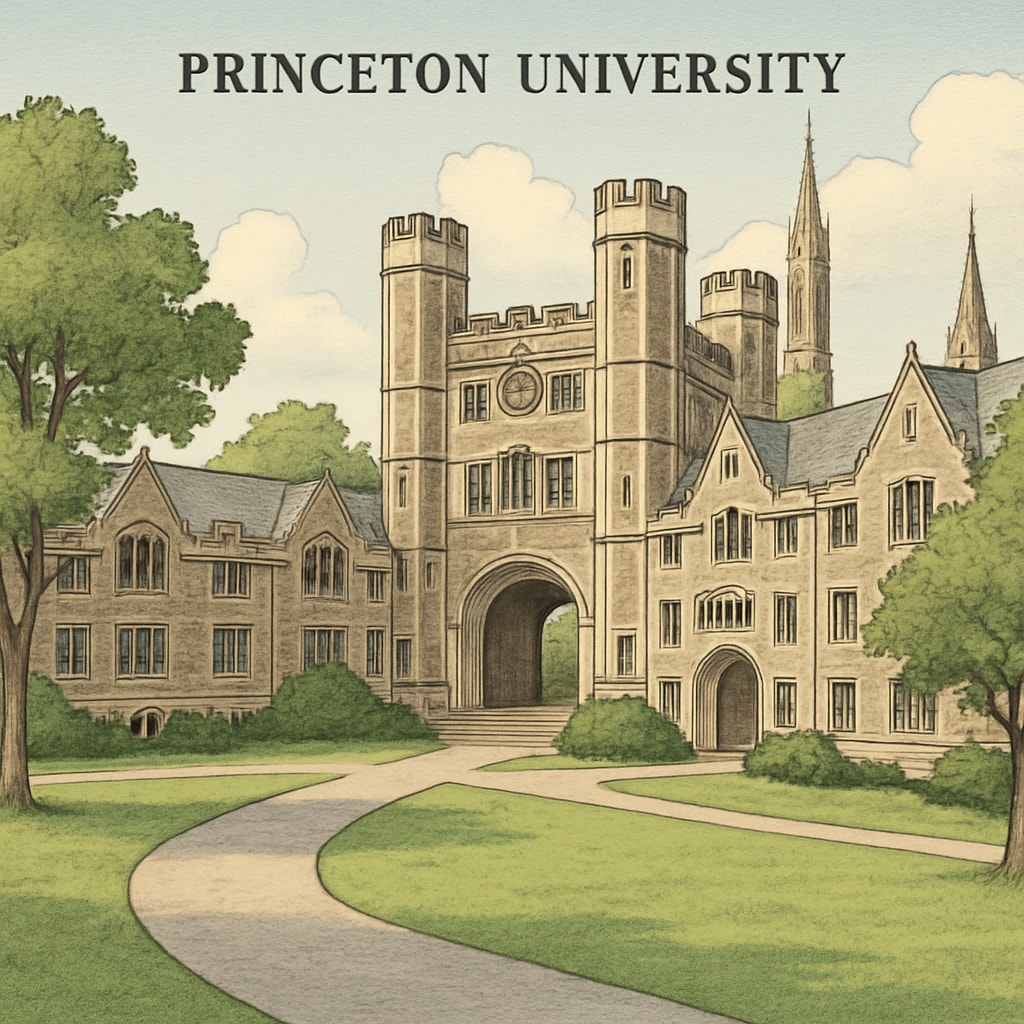In today’s K12 education system, the allure of Ivy League schools, particularly Princeton University, casts a long shadow over students, parents, and educators. The immense reputation of these institutions often leads to an overestimation of their actual value, distorting the purpose of education and pressuring students to chase prestige at the expense of personal growth. This article aims to challenge the myth surrounding the Ivy League, shedding light on its impact and urging stakeholders to reevaluate the true essence of learning.
Does Prestige Equal Value?
Princeton University, like many of its Ivy League counterparts, is often regarded as the pinnacle of academic excellence. Its name alone evokes images of success, brilliance, and an unmatched future. However, does the prestige of Princeton truly translate into a superior educational experience? Critics argue that the Ivy League’s reputation may be inflated, driven more by historical legacy and exclusivity than by academic innovation.
For instance, while Princeton boasts impressive resources, its admissions process is designed to limit access, thereby reinforcing the perception of scarcity and privilege. This exclusivity feeds the notion that attending Princeton is synonymous with intellectual superiority. Yet, numerous non-Ivy institutions offer equally rigorous programs, often paired with more inclusive and diverse learning environments.

The Hidden Costs of Ivy League Worship
The overemphasis on Ivy League institutions has far-reaching consequences, particularly for students in the K12 education system. From an early age, children are conditioned to view these schools as the ultimate goal, leading to unhealthy levels of competition and stress. The relentless pursuit of Ivy League acceptance often overshadows the intrinsic value of learning, reducing education to a mere stepping stone toward prestige.
Moreover, this obsession perpetuates systemic inequities. Wealthier families can afford the tutoring, extracurriculars, and other resources necessary to craft an ideal Ivy League application. Meanwhile, talented students from underprivileged backgrounds may find themselves excluded from this race, not due to a lack of ability, but because of limited access to opportunities.
Parents and educators must confront these hidden costs and ask: Are we prioritizing the right outcomes for our children? By focusing solely on brand-name schools, we risk neglecting the broader mission of education—to inspire curiosity, foster resilience, and nurture well-rounded individuals.

Rethinking Success Beyond the Ivy League
It is time to redefine success in education. While Princeton and other Ivy League schools undoubtedly offer valuable opportunities, they are not the sole paths to achievement. Success should be measured by students’ ability to apply knowledge, adapt to challenges, and contribute meaningfully to society, regardless of where they earn their degrees.
Several institutions outside the Ivy League excel in fostering innovation, diversity, and student satisfaction. For example, public universities like the University of California system or liberal arts colleges such as Amherst and Williams often provide equally enriching academic and social experiences. By broadening our perspective, we empower students to pursue paths that align with their passions and strengths, rather than chasing a singular, narrow ideal.
In addition, educators can play a pivotal role in reshaping narratives around higher education. Schools should emphasize critical thinking, creativity, and empathy over standardized test scores and name-brand appeal. Parents, too, can help by encouraging their children to explore diverse options and define success on their own terms.
Conclusion: A Call to Action
The myth of Ivy League supremacy, particularly the overvaluation of Princeton University, has skewed the priorities of K12 education. By idolizing elite institutions, we risk undermining the broader purpose of education and perpetuating harmful inequalities. It is crucial for parents, educators, and policymakers to challenge this narrative and advocate for a more balanced, inclusive approach to student development.
Ultimately, education should be about unlocking potential, not conforming to societal expectations. Let us move beyond the Ivy League myth and create a system that values every student’s unique journey.
Readability guidance: Short paragraphs and lists make key points easily digestible. Transitions such as “however,” “in addition,” and “for example” ensure smooth flow. The article avoids long sentences and minimizes the use of passive voice.


